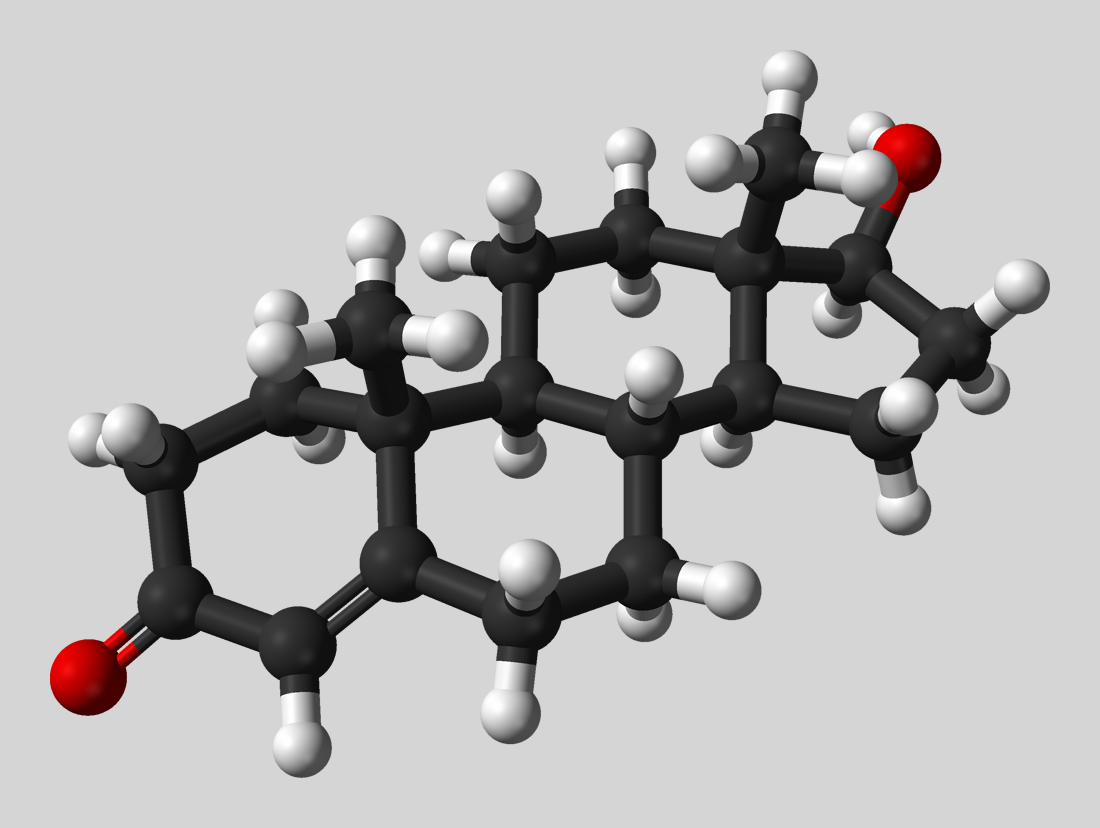Though not as common as some other vitamin and mineral deficiencies, zinc deficiency can occur with restrictive dieting, a lack of meat intake, or excess intake of phytates found in legumes, seeds, soy products, and whole grains or oxalates which are found in spinach, nuts, and coffee and tea.
1. You’re tired and you get sick more often Moderate zinc deficiency can lead to lethargy and a delay in wound healing. People who consume zinc-restricted diets show a decrease in thyroid hormones and basal metabolic rate. Zinc also helps with carbohydrate metabolism and deficiency is linked to decreased insulin sensitivity. The slowdown in metabolic rate and impaired glucose metabolism could result in decreased energy for daily activities. Cell survival and immune function are also affected by zinc status. Zinc is essential for normal immune function, especially for viral infections. Zinc also acts as an antioxidant that protects cells from free radicals after immune responses. 2. Your skin gets itchy and flaky Some signs of zinc deficiency include rashes, lesions, or dermatitis. Within skin cells (called keratinocytes) zinc suppresses inflammation and allows for normal skin growth and repair. If there is not enough zinc in the diet, skin cells will die. 3. You have diarrhea In developing countries, zinc deficiency has been associated with increased mortality related to diarrhea. Zinc deficiency results in impaired intestinal function and absorption of essential nutrients and water. Though it’s not clear as to why this occurs, scientists believe that this may be related to zinc’s role in immunity and inflammation. 4. Your libido feels lower and exercising is harder Zinc plays a vital role in human reproductive health. In men, low zinc levels can result in lower testosterone and sperm count. Zinc deficiency has also been associated with low serum testosterone levels and infertility decreased testicular volume and weight, and impairment of prostate gland function. Zinc is also positioned in the Leydig cells of the testis, which are responsible for initiating testosterone production. Any impairment in zinc status could affect the production of testosterone which may lower sex drive as well as make exercise and recovery more difficult for men. In women, zinc supplementation has benefitted those with polycystic ovarian syndrome (PCOS) by helping improve insulin resistance and lipid balance and plays a significant role in ovulation, fertilization, normal pregnancy, and fetal development. More research is needed to determine the effect on female libido and hormone production as most studies focus on men or pregnancy in women. Your optimum health takeaway Though these symptoms could suggest a zinc deficiency, they may also be associated with other health conditions. A blood test provides the best insight into your zinc status and your health care team can determine the zinc nutrition therapy that is right for you.
References:
- Fallah A, Mohammad-Hasani A, Colagar AH. Zinc is an Essential Element for Male Fertility: A Review of Zn Roles in Men’s Health, Germination, Sperm Quality, and Fertilization. J Reprod Infertil. 2018;19(2):69-81.
- Nasiadek M, Stragierowicz J, Klimczak M, Kilanowicz A. The Role of Zinc in Selected Female Reproductive System Disorders. Nutrients. 2020;12(8).
- Prasad AS, Mantzoros CS, Beck FW, Hess JW, Brewer GJ. Zinc status and serum testosterone levels of healthy adults. Nutrition. 1996;12(5):344-8.
- Roohani N, Hurrell R, Kelishadi R, Schulin R. Zinc and its importance for human health: An integrative review. J Res Med Sci. 2013;18(2):144-57.
- Tuerk MJ, Fazel N. Zinc deficiency. Curr Opin Gastroenterol. 2009;25(2):136-43.






